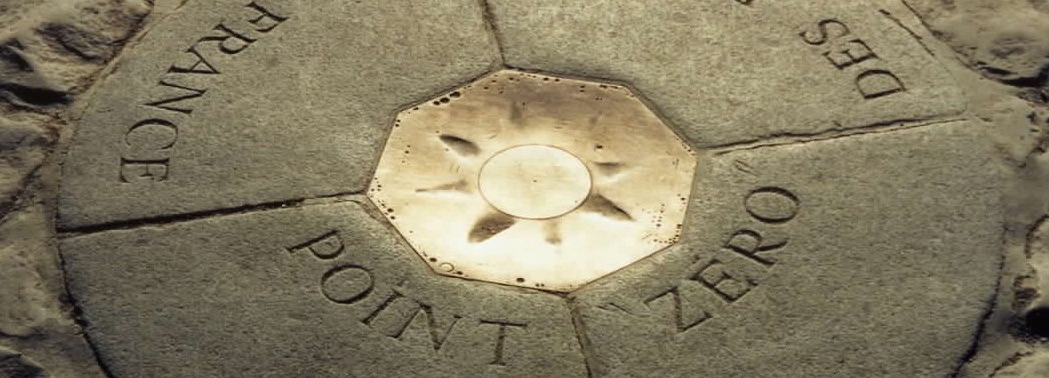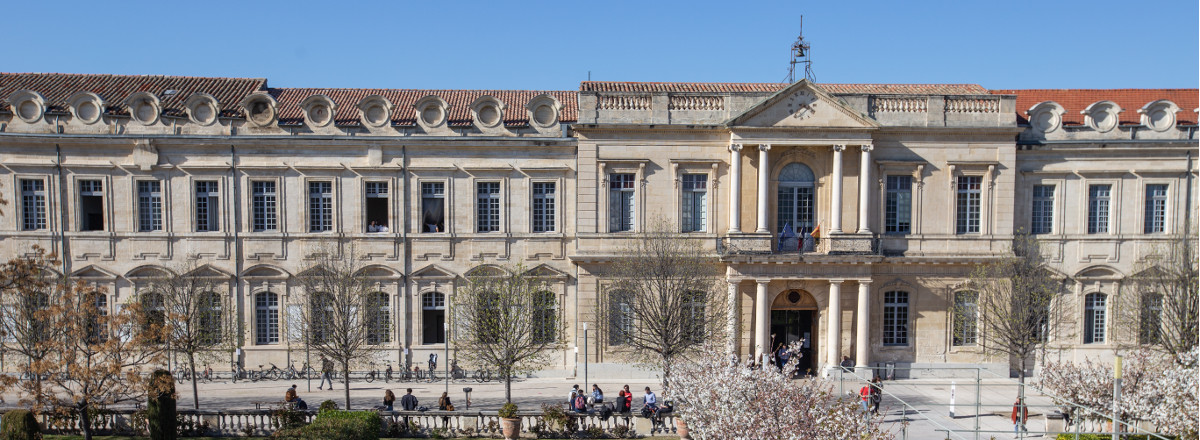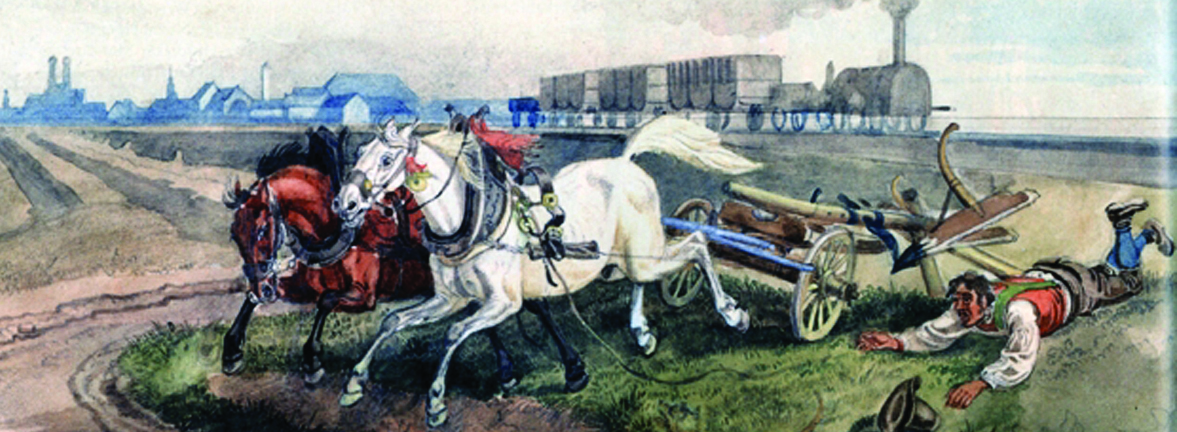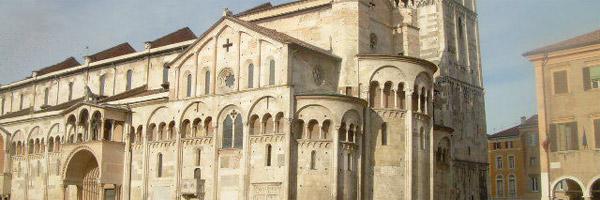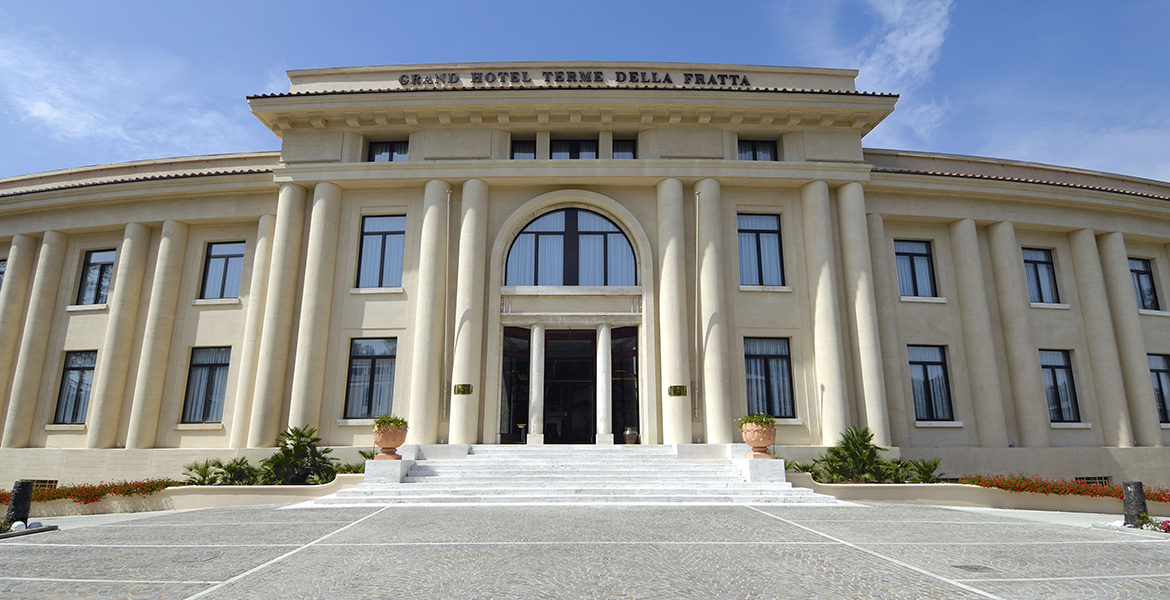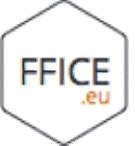 |
Fédération Française des Itinéraires Culturels Européens Cultural Routes go through the French territory, crossroads of European ways. These Routes illustrate the ebb and flow on which is based the history of our continent. Some of these routes gathered in a federation in May 2010. Nowadays, the French Federation of European Cultural Routes (FFECR) gathers both Routes certified by the Council of Europe and other Routes that respect its charter of values.
|
 |
Dunavski Centar za Kompetenciju Udruzenje The Danube Competence Center (DCC) is a Danube focused association of tourism actors. The association’s main task is to build and support networks of tourism stakeholders by enhancing transnational cooperation through various tourism development and promotional activities while implementing various projects and promoting a unique tourism brand for a competitive European Danube region. The DCC gathers members from the public, private and non-governmental sectors of 10 Danube related countries (Germany, Austria, Slovakia, Hungary, Croatia, Serbia, Romania, Bulgaria, Moldova and Ukraine). In perusing these objectives, the DCC works within three core functions: advocacy for the Danube destination, marketing and promotion and tourism product development.
|
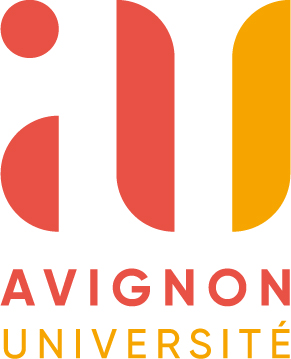 |
Avignon Université Avignon University (France) is located in Provence region. The university is organised into two campuses (Hannah Arendt and Jean-Henry Fabre) displayed in the centre of the historical town and in its outskirts (Agroparc). The investigation team involved into DECRA project belongs to Centre Norbert Elias (UMR 8562 - CNRS, EHESS, AMU, UAPV) as research centre. It is specialized in museums studies and cultural heritage studies in strong connection with the Master’s degree Médiations, Musées, Patrimoines (MMP). This educative and reflexive environment brings students and researchers working in a European approach of cultural heritage and routes.
|
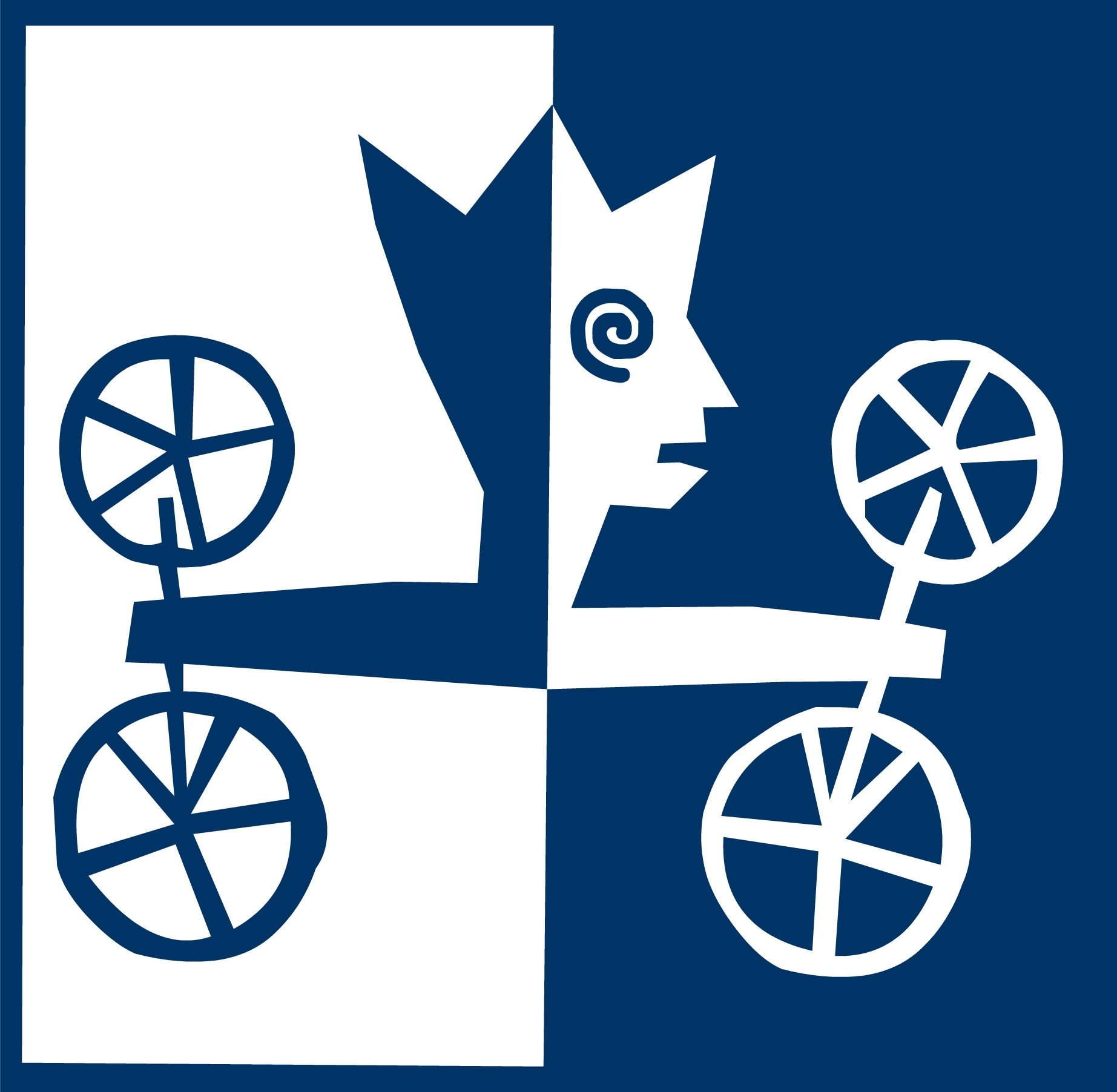 |
NETZ - Medien und Gesellschaft e.V. NETZ is the international point of contact for the network „VIA REGIA – Cultural Route of the Council of Europe“. VIA REGIA is the name of the oldest and longest road link between the East and the West of Europe. The route exists since more than 2.000 years and connects 8 European countries through a length of 4.500 km. Its modern form is the European Development Corridor III at present. Through that VIA REGIA is a unique symbol of the common European cultural space.
|
 |
TRANSROMANICA e.V. TRANSROMANICA connects the common Romanesque heritage of nine European countries: Germany, Austria, Portugal, Spain, France, Italy, Slovakia, Serbia and Romania. Along the route, you can find historic buildings of this era. The Romanesque style emerged in the late 10th century as a new form of architecture. Magnificent cathedrals, monasteries and peaceful churches and castles held witnesses to this major European era. The first Europe formed in the Middle Ages is the origin of our present European Community. Romanesque is unity in diversity.
|
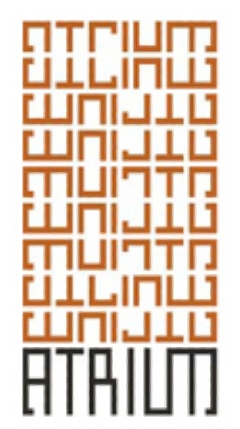 |
ATRIUM - Architecture of Totalitarian Regimes in Europe's Urban Memory The ATRIUM Association was founded in June 2013 by the partners of the "ATRIUM - Architecture of Totalitarian Regimes of the XX century in Urban Management" project (2011-2013), financed under the "South East Europe" Programme, to promote and manage the ATRIUM Cultural Route, an itinerary aiming at highlighting, preserving and disseminating the cultural heritage and memory associated with the 20th century European totalitarian, dictatorial and authoritarian regimes and their particular architectural legacy. The ATRIUM European Cultural Route was certified in 2014 as one of the 32 certified cultural routes of the Council of Europe and it involves 18 European Municipalities.
|
 |
association européenne pour la présérvation et la valorisation de la culture et du patrimoine juifs (AEPJ) (LU) The European Association for the Preservation and Promotion of Jewish Culture and Heritage (AEPJ) supports the preservation, appreciation and promotion of Jewish culture and Jewish heritage in Europe. These goals are notably achieved through its two leading programmes - the European Days of Jewish Culture and the European Routes of Jewish Heritage of the Council of Europe. It also participates in different cultural projects at European level with other institutions dedicated to heritage.
|
